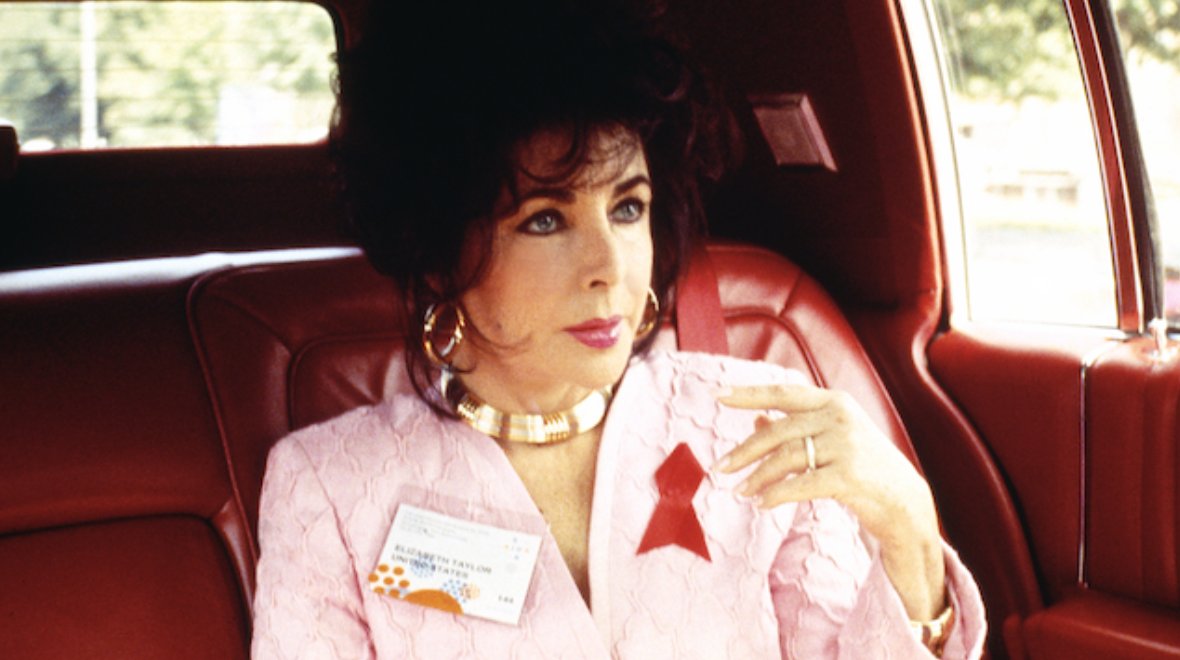
The Formation of amfAR
Elizabeth Taylor was the first globally recognized celebrity HIV and AIDS activist in a relentless pursuit of an AIDS-free world. Before establishing The Elizabeth Taylor AIDS Foundation (ETAF), Elizabeth was deeply entrenched in being an ally to the gay community. The death of her dear friend Rock Hudson, who eventually succumbed to the disease in 1985, made her purpose that much stronger.
With a $250,000 contribution from Rock before his passing, Elizabeth and Dr. Michael Gottlieb spearheaded the creation of the National AIDS Research Foundation (NARF). Shortly after, the organization merged with the AIDS Medical Foundation (AMF), founded by Dr. Mathilde Krim in 1983, to form amfAR, the Foundation for AIDS Research, known until 2005 as the American Foundation for AIDS Research. Elizabeth became its Founding National Chairman, with Krim and Gottlieb as its Founding Chairmen.
Krim knew that combining her extensive knowledge as a medical researcher with Elizabeth’s star power and heightened activism would be the key to changing the world as they knew it. She rang Elizabeth to gauge her commitment level as Chairman, to which she wholeheartedly responded with, “I’m willing to do anything.” With everyone’s intentions properly aligned, amfAR hit the ground running to support AIDS research, HIV prevention, treatment education, and the advocacy of AIDS-related public policy.
As one of the world’s biggest movie stars, Elizabeth attracted a massive amount of media attention and quickly became the new organization’s principal spokesperson. Her voice touched millions, and for many, it was Elizabeth Taylor who brought the issue of HIV/AIDS into mainstream discussions. She made countless public appearances, braved crowds and cameras, and later testified before Congress to ensure Senate support for the Ryan White CARE Act of 1990, which remains the primary source of federal funding for HIV/AIDS programs nationwide.
Arguably, there was no one on earth more familiar with the burden of fame than Elizabeth Taylor, but given her lack of control over her celebrity status, she decided to take advantage of it herself and use it to draw attention to the AIDS crisis. Her tenacity coupled with her compassion and respect for people with HIV/AIDS lives on with what remains of amfAR. Elizabeth’s humanitarian commitment did not die with her but only expanded with her legacy.